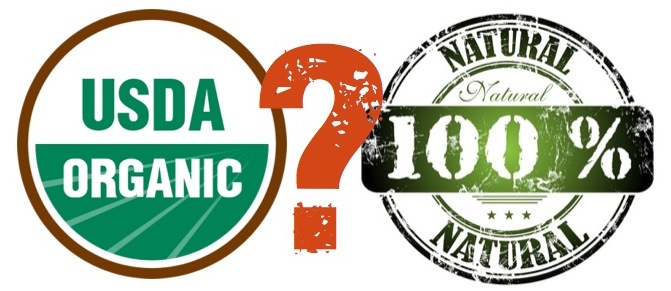As the natural and organic market continues to gain strength, with sales topping $81 billion in 2012, businesses are striving to meet consumer demand. However, for businesses that are entering this sector in hopes of capturing some of the market share, understanding the difference between labeling your product as “organic” and “natural” is essential to ensure you don’t run afoul of federal regulators.
All agriculture products sold, labeled or represented as organic need to be in compliance with the Organic Foods Production Act of 1990 (Act). Pursuant to the regulations promulgated by the Act, organic growers and handlers (including food processors and distributors) must be certified by state or private agencies/organizations under the uniform standards developed by the USDA; however, farmers and handlers who sell less than $5,000 of organic products per year, and retail food establishments that sell organic products but do not process them, are exempt from certification. In order to label your product as “organic” at least 95% of the contents need to be certified organic. Products labeled as “made with organic” ingredients must contain at least 70% organically produced ingredients. Obviously, if you label your product “100% organic” it must be true. The USDA organic seal may be used only on products that are “100% organic” or “organic”. Fines of up to $11,000 per violation can be levied against any person who knowingly sells or labels a product as organic that is not produced in accordance with the regulations.
Now labeling your product as”natural” is a whole different story. Up to this point the FDA has refused to define the term “natural”, but has noted on an informal statement support for the policy that “nothing artificial or synthetic is included in, or has been added to, the product that would not be expected to be there.” 58 Fed. Reg. 2302, 2407 (Jan. 6, 1993). The USDA, however, has defined “natural” (when applied to meat, poultry or eggs) as a product containing no artificial ingredient or added color and is only minimally processed. “Minimally processed” means that the product was processed in a manner that does not fundamentally alter the product. Although there has been much litigation concerning natural labeling, there is no clear standard under the FDA regulations.
If you need assistance navigating or complying with the laws affecting your food or beverage businesses, please feel free to contact our attorneys at Morsel Law.

